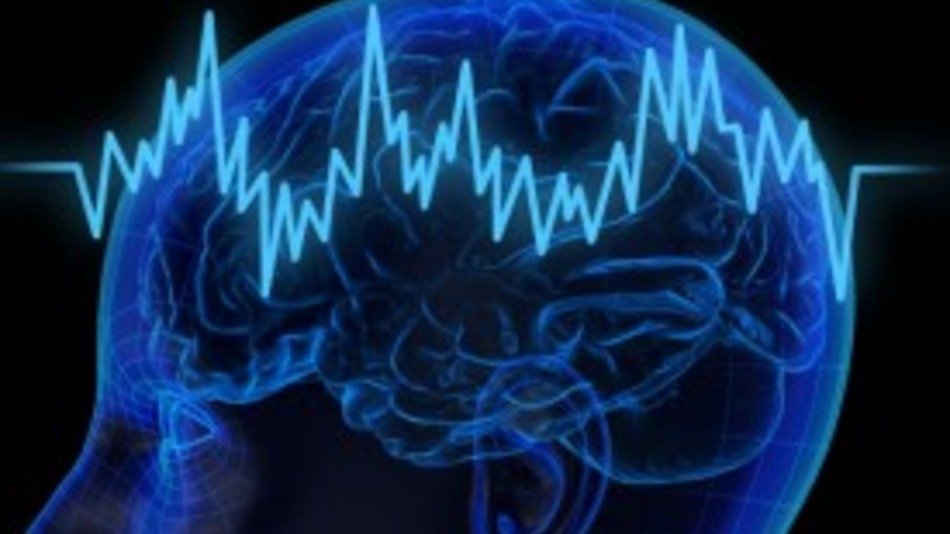
A reader writes in about what a friend of his had to say about emotions and reason: ‘My conversation partner stated, ‘An emotion is independent of reason. While it might come from a value judgment or past experience, it occurs in real time. Reason cannot be applied to modify the emotion; only by experiencing the emotion fully with ’emotional intelligence,’ can a person
modify their emotional reactions and therefore their habits and reactions. Comments, Dr. Hurd?”
Dr. Hurd answers:
If emotion is independent of reason, then on what does it depend? If emotion has no connection to thought, what determines or makes the emotion possible? No answer is given.
In other words, what exactly is ’emotional intelligence’? It’s an interesting phrase when used by someone who claims that reason and thought have nothing to do with emotion. The term ‘intelligence’ applies — obviously — to reason and thought. Why apply the term ‘intelligence’ to emotion, even as a metaphor, when trying to prove that emotion has nothing to do with reason or thought?
I know that ’emotional intelligence’ is a pop-psychology, Oprah-esque term. For that reason, it’s rarely defined and often used by people who have no clue as to how to define it. Taken at face value, it ought to mean ‘intelligence about one’s emotions.’ This implies the very thing your conversation partner argues against: That reason can and should be applied to emotions.
Throughout the relatively brief history of psychology, there have been essentially three explanations for the causes of emotions (other than the cognitive view that emotions are forms of thought and ideas).
(1) The Freudian view is that emotions are the product of an ‘unconscious’; completely divorced from anything conscious or rational. The unconscious is primarily the consequence of physiology and ideas formed in psychosexual development, i.e., movement past (or failure to move past) sexual fixation on one’s opposite-sex parent in infancy and early childhood.
(2) The behaviorist view is that emotions essentially don’t exist. All human behavior is the product of stimulus-response conditioning, and humans are basically the slaves of this conditioning whether they know it/admit it, or not. According to this view, the mind (thoughts/emotions) is irrelevant to psychology, and psychology itself is therefore meaningless.
(3) The biological view is that all emotions are the result of neurochemical transmitters and brain functioning. According to this view, we only need neurology and pharmacology, and there is no need for psychology since the brain determines essentially everything. (This is the dominant view since the early twenty-first century.)
If your conversation partner holds one of these three views, he should defend it. If he holds some other view than the cognitive view, he should defend that as well.
It’s more than an issue of theoretical science. It also applies to everyday life. If you’re struggling with emotional issues, who will you believe? The people who say it’s all brain chemistry? The people who say you need not pay attention to your emotions, just change your behaviors? Or will you consider the possibility that perhaps you’re standing in your own way, not necessarily on purpose, but because you’re operating on flawed or untenable ideas expressed in your own emotions?
One way or another, you have to take a stand on this issue, even if you’re not a theoretical brain scientist or psychologist. Because if you don’t, you’re going to default to one of these positions. And it may or may not be good for you.
Be sure to “friend” Dr. Hurd on Facebook. Search under “Michael Hurd” (Rehoboth Beach DE). Get up-to-the-minute postings, recommended articles and links, and engage in back-and-forth discussion with Dr. Hurd on topics of interest.
